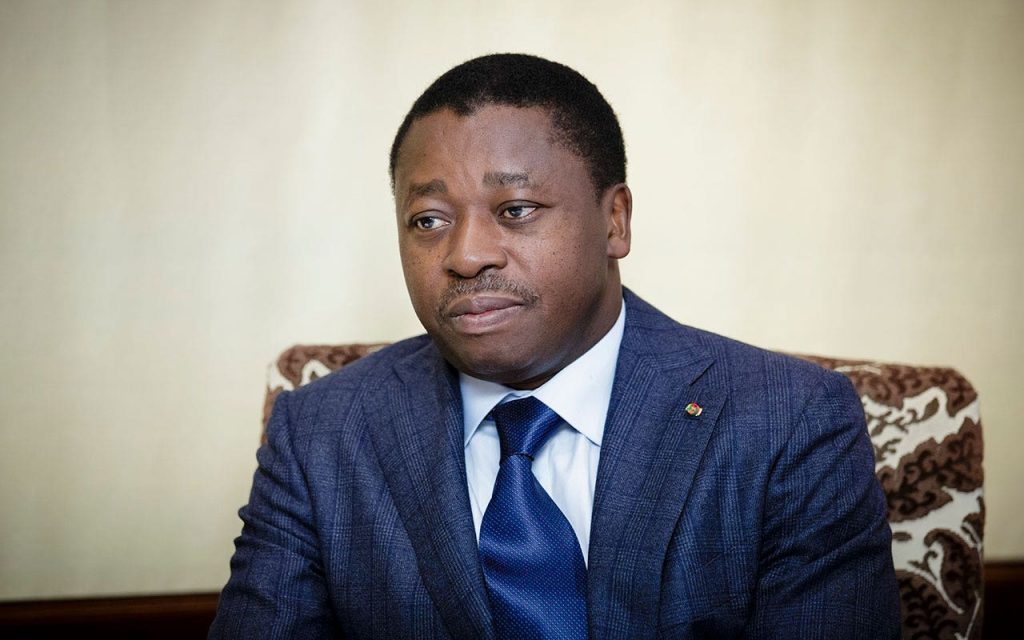Togo’s president, Faure Gnassingbe, has signed a new constitution eliminating presidential elections and allowing parliament to choose the president. This move has been met with opposition from civil society groups and citizens, who fear that it will allow Gnassingbe to extend his family’s six-decade rule. The new constitution increases presidential terms to six years, but Gnassingbe’s nearly 20-year tenure wouldn’t count towards the limit, leading critics to believe that he may hold onto power beyond 2025 when his mandate expires.
Gnassingbe’s ruling party won a majority of parliament seats in recent elections, which has raised concerns about potential abuses of power. There was a crackdown on civic and media freedoms ahead of the vote, with the government banning protests against the proposed new constitution and arresting opposition figures. The electoral commission also banned the Catholic Church from deploying election observers, while Togo’s media regulator suspended the accreditation process for foreign journalists. These actions have further fueled fears of a slide towards authoritarianism in Togo.
The new constitution also introduces a single-term limit for the presidency and creates a figure similar to a prime minister, to be selected by the ruling party. Critics fear that this could provide additional avenues for Gnassingbe to extend his grip on power beyond what is currently permitted by law. A group of about 20 civil society organizations in Togo have called for protests to reinstate the previous constitution, arguing that the promotion of democracy and the need for a democratic transition are vital for the future of the country.
Opposition figures and civil society groups have expressed their opposition to the new constitution, with calls for demonstrations and protests to challenge the changes implemented by Gnassingbe. They argue that the 2025 election is crucial for the people to choose a new president and achieve a democratic transition in Togo. The concerns raised by citizens and activists suggest that there is widespread dissatisfaction with the trajectory of governance in the country under Gnassingbe’s leadership, with fears that the new constitution may further entrench his rule.
The signing of the new constitution has heightened fears of a slide towards dictatorship in Togo, with critics viewing the move as a way for Gnassingbe to consolidate his hold on power and extend his family’s long-standing rule. The crackdown on dissent and the suppression of opposition voices in the lead-up to the recent elections have raised alarm about the erosion of democratic principles in the country. As civil society groups continue to call for protests and mobilize against the new constitution, the future of Togo’s political landscape remains uncertain, with questions about the country’s commitment to democratic governance and the protection of citizens’ rights at the forefront of public debate.


